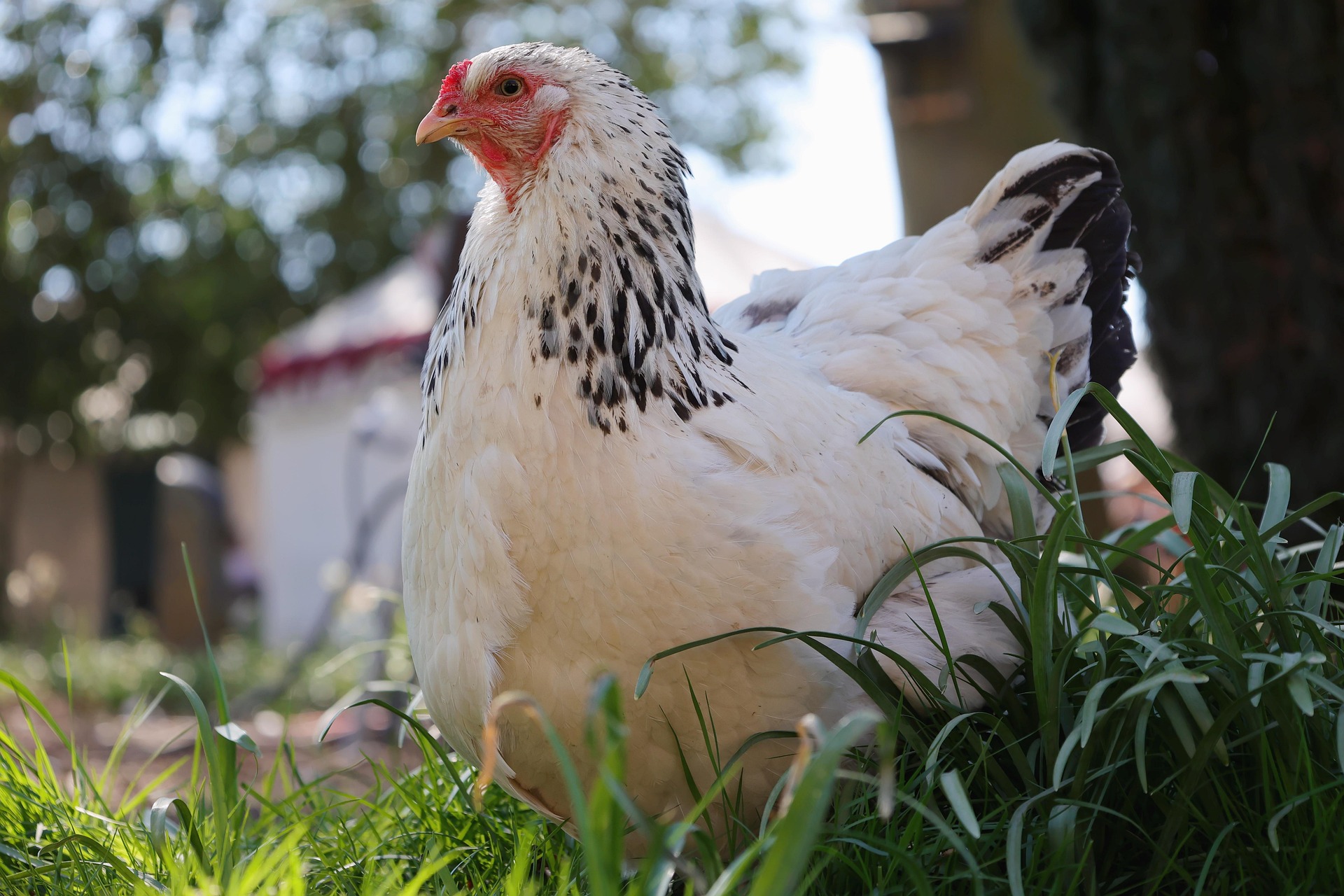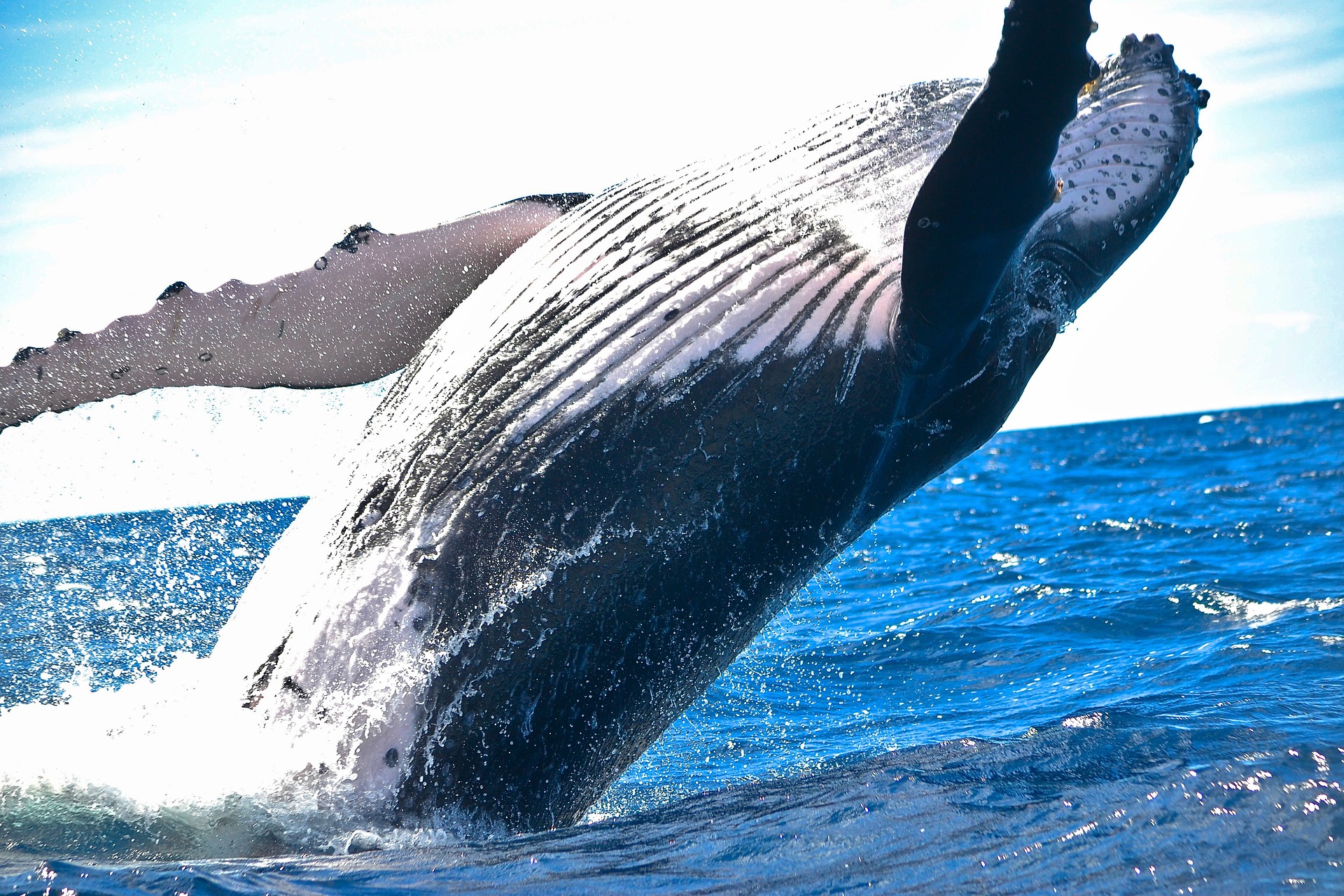The Remarkable World of Octopuses: Intelligent, Adaptable and Mysterious
Octopuses are captivating creatures that have seized the interest of scientists throughout the world due to their impressive cognitive abilities, adaptability, and unique physiology. They possess an array of distinguishing features that elevate them from the realm of ordinary molluscs, making them one of the most fascinating species in the marine world.

An Introduction to Octopuses
Octopuses, belonging to the cephalopod family, are primarily bottom-dwelling creatures found in every ocean. They are well-known for their eight arms, bulbous head, and soft body that can change shape to squeeze through small gaps. However, what truly sets octopuses apart is their extraordinary intelligence, with cognitive abilities that rival those of many land animals.
The Intelligence of Octopuses: A Unique Case in the Animal Kingdom
Often described as the ‘smartest’ invertebrates, octopuses display a level of intelligence that is rarely seen among other creatures of the sea. They have been observed using tools, solving puzzles, and even escaping from their enclosures in laboratories. Their large brain, composed of approximately 500 million neurons, allows for complex problem-solving and learning abilities. The common octopus, for instance, can be trained to distinguish between different shapes and patterns, demonstrating a remarkable capacity for learning and memory.
The Physical Marvel: Unveiling the Octopus Anatomy
The physiology of octopuses is equally intriguing. Their soft, boneless body facilitates incredible adaptability, enabling them to squeeze through narrow openings. Furthermore, their skin contains millions of pigment cells, allowing them to rapidly change color and texture to blend in with their surroundings - a truly remarkable defense mechanism.
Octopuses in the Current World: Threats and Conservation Efforts
Despite their remarkable traits, octopuses face several threats in the wild, primarily from overfishing and habitat loss. These factors have led to a decline in some octopus populations. However, various conservation efforts are underway. For example, in the Mediterranean Sea, certain octopus species are protected under fishing regulations. Similarly, in the Pacific Northwest, the Giant Pacific Octopus is safeguarded by harvest restrictions.
Octopuses and the Pet Trade: A Controversial Issue
While some individuals are intrigued by the idea of keeping a pet octopus due to their intelligence and unique behavior, it’s a contentious issue. Octopuses have specific habitat requirements that are difficult to replicate in a home aquarium. Moreover, their high intelligence means they require mental stimulation, which can be challenging to provide in a captive environment. While the price of a pet octopus varies depending on the species, it typically ranges from $30 to $1000. The market for pet octopuses is small but growing, a trend that has sparked debate among animal welfare advocates and enthusiasts.
The world of octopuses is a testament to nature’s ingenuity and adaptability. As we continue to unravel the mysteries of these intelligent cephalopods, we also need to bolster efforts to protect and conserve them. This will not only preserve the rich biodiversity of our oceans but also allow us to continue learning from these fascinating creatures.





